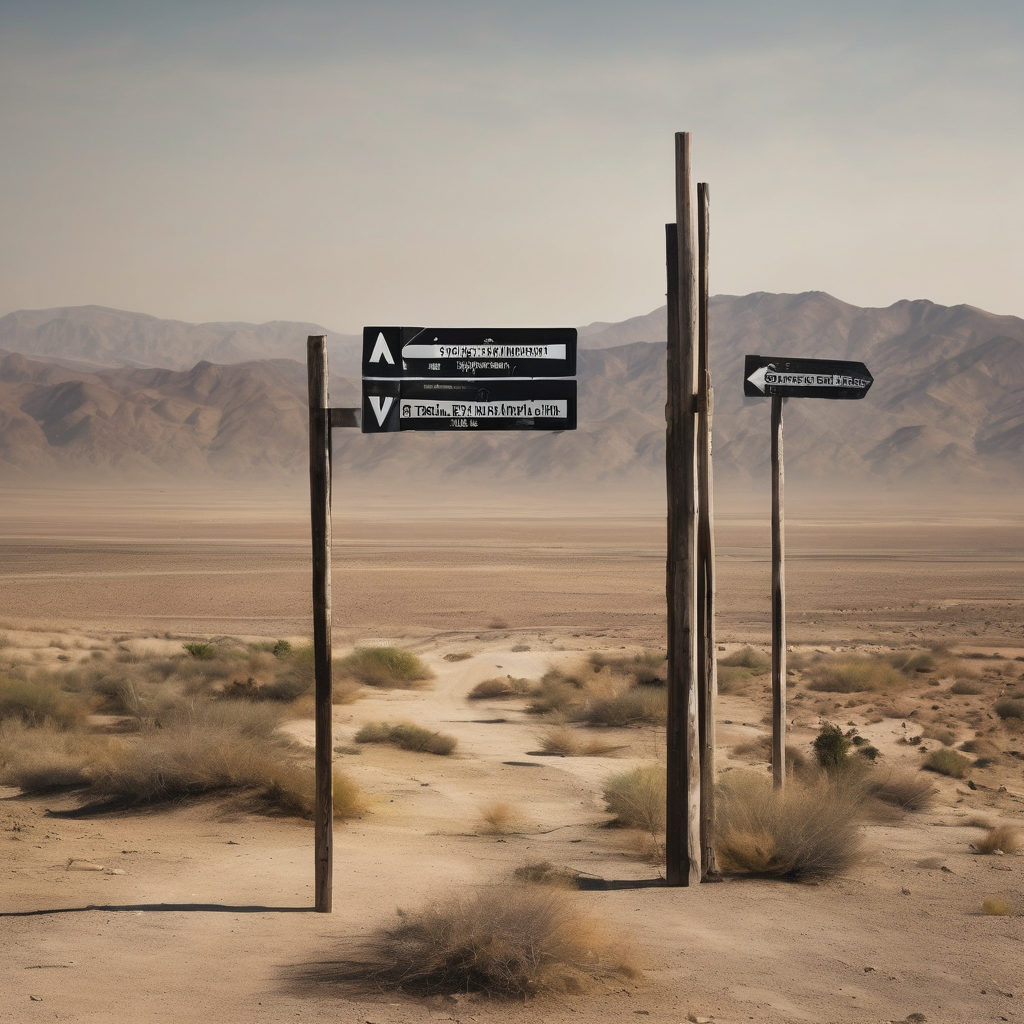Dozens of fighters lost their lives during intense border clashes between Pakistan and Afghanistan, escalating tensions between the two nations for the first time since the Taliban’s return to power in Kabul. Both sides reported fatalities on Monday, with the Pakistan military confirming that 23 of its soldiers were killed, while the Taliban reported nine casualties.
The violence comes amid rising frustrations from Islamabad over attacks by militants believed to be operating from Afghanistan. Pakistan’s government has demanded that the Taliban take decisive action against these groups, an assertion the Taliban has denied, claiming they do not harbor Pakistani militants.
Both nations presented conflicting claims about the conflict’s severity, with Pakistan stating that it had killed more than 200 Taliban fighters, whereas Afghanistan claimed that it had killed 58 Pakistani soldiers. These figures have yet to be independently verified.
Recent airstrikes carried out by Pakistan in Kabul and surrounding areas intensified the conflict further, as Taliban forces retaliated through gunfire on Pakistani border posts. In response to these ongoing hostilities, Pakistan stated that it used artillery in retaliation, leading both sides to claim destruction of each other’s border posts.
This violent episode marks the most serious confrontation since the Taliban’s resurgence, highlighting the fragility of security in the region. Both countries have expressed their continued commitment to military posturing, further complicating an already tumultuous situation.
Despite the escalating violence, there remains a sliver of hope that diplomatic interventions could prevent further conflict. The international community is urging both Islamabad and the Taliban-led Afghan government to engage in dialogue and seek peaceful resolutions to their disputes. Effective communication is crucial in breaking the cycle of violence that has long plagued this border region, as regional stability is essential not just for Pakistan and Afghanistan, but for global security as well.
